A few months ago I met Micaela Magiera, the author of “The girl under the piano”. This book is an outstanding tribute to the greatest Opera performers Mirella Freni, Luciano Pavarotti and Leone Magiera.
I had different questions to ask Micaela, some more important than others, and since I read her amazing story myself, I was curious, as a reader, to understand some passages and shades that only the author could reveal.
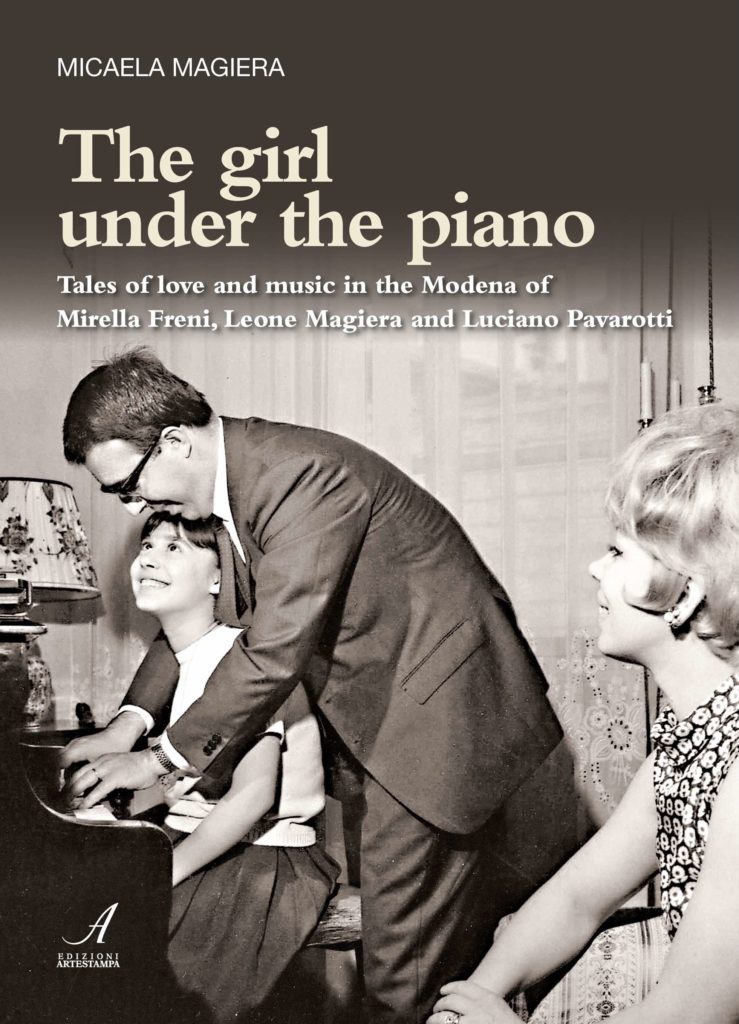
Chatting with her made me discover the point of view of a son of art, and guide me, word after word, to the exploration of a family life, which is usually woven with profession life. Our meeting allowed me to discover the most intimate and personal features of some world-renowned artists who at the same time, as any other common person, have to face the difficulties of life.
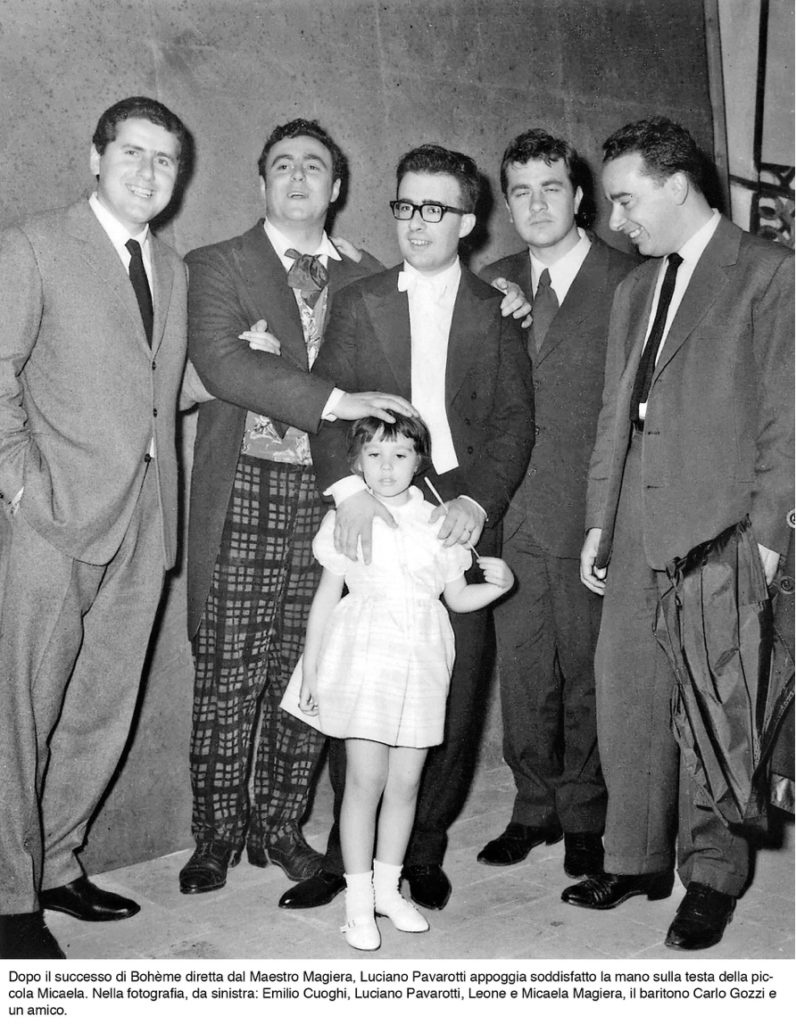
“The girl under the piano” is a work of art that narrates, with deep mastery, the youth and the debut of Mirella Freni, Leone Magiera and Luciano Pavarotti, three major characters of the “balcantistica” musical scene of 1900. The book, through a romantic style, leads the reader to discover three portraits of the artists, filled with life and humanity, and presented by the clear and honest view of the little girl of that time.
What pushed you to write this book?
The desire to leave a memory of these great characters. The immediate motivation came when I saw my mother, after a quick surgery, in a hospital bed: she’s always been a fighter. In that moment, the idea I’ve had for a long time of writing, became even stronger.
But also, the main reason was the intention to witness the message, the human message that my protagonists left me. I believe, indeed, that my parents’ and Luciano Pavarotti’s lives could be an example for the young generation: their success was not immediate, as it’s been the result of a long conquest and big sacrifices. Thanks to them, I learnt that success does not necessarily means fame, but rather a personal satisfaction after the realization of goals and aims. It requires a lot of passion, engagement in studying, tenacity and support from loved ones. Innate talents only are not enough.
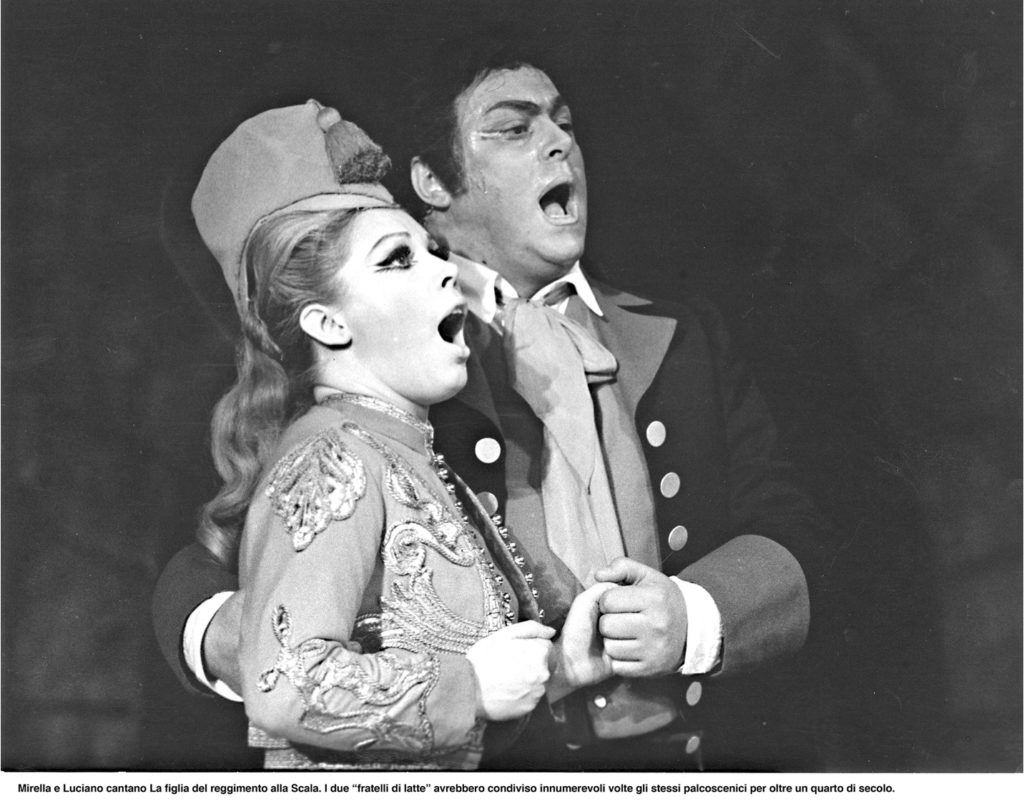
How has it been to rebuild your parents’ life path?
It has not been easy at all, but empathizing with them while writing helped me to understand them better. It was particularly complicated moving between the objective narration, reported by the little girl, and the more critical version told by the grown woman of today. I resolved this disagreement by inserting appendixes at the end of each chapter, where I explained my considerations.
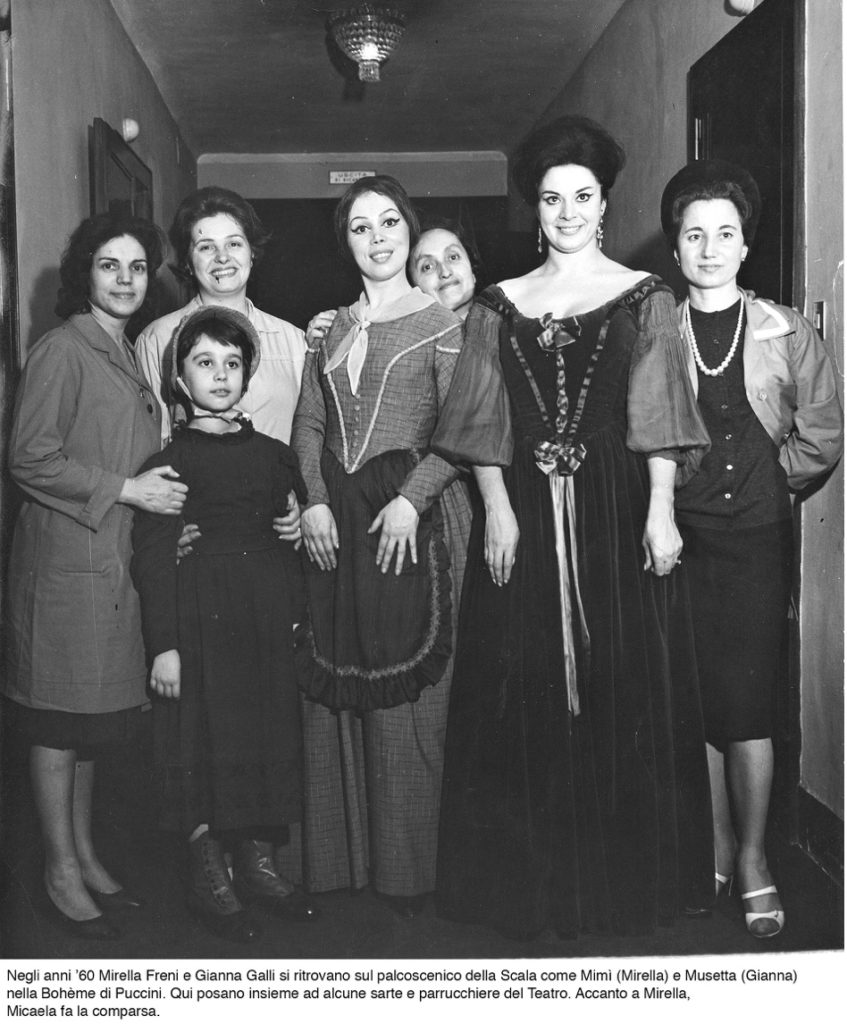
Do you remember the day when everything began, when you wrote the first words?
I do remember. It was a very specific and net moment. I’d already reordered all the letters that my parents exchanged since 1950 (when they were 15 and 16-year-old) to 1970. I knew I’d have needed them, sooner or later, yet I never found the time and maybe the right moment still had to come. Sometimes life is strange…I started writing when I broke my foot, event that forced me to stay still on the couch and gave me the chance to find the time to completely dedicate myself to the writing of the book. It took me more or less a year, and then I had to go through corrections and look for an editor, whom I found in “Artestampa” in Modena. I wanted the book to be published on June 26th, my father’s birthday, and I made it.
I was positively impressed by the picture you chose for the cover, and also by the title, filled with meaning. Where did it come from?
The title was an idea of my father. At first, I wanted to title it “Rua Del Muro 68”, the house of the Magieras family, which guides the entire story: the narration starts in that same house, in the historic center of Modena, where my dad lived as a child, and ends when we moved is a more modern apartment. “The girl under the piano” reflects my memories of when I was a child and I used to play under the piano, while my parents and Luciano studied for hours.
While reading the book, it is clear that it’s not a biography, as we are facing a romance set during a very important historic moment for Italy, the war, its end, the 60s and the 70s.
I wanted to recall the reality and the atmosphere of those years: the devastation brought by the war, the reconstruction, the economical boom.
Showing the lives of my characters in the historical and familiar background where they grew up was the only way in order to better understand their personalities, their choices and reactions.
This, just by diving deeply into their fairytale lives, which I had the pleasure to tell.
How did you feel, when you reached the last chapter?
I felt empty for a couple weeks. I asked myself: “And now?” I did not know what kind of fate my job would have to face, whether I would managed to publish the book or not, if the audience would like it… I had my sons and also some of my dearest friends reading it and they gave me a positive feedback, but after all the story was very personal and I had no idea how the world would have reacted to it.
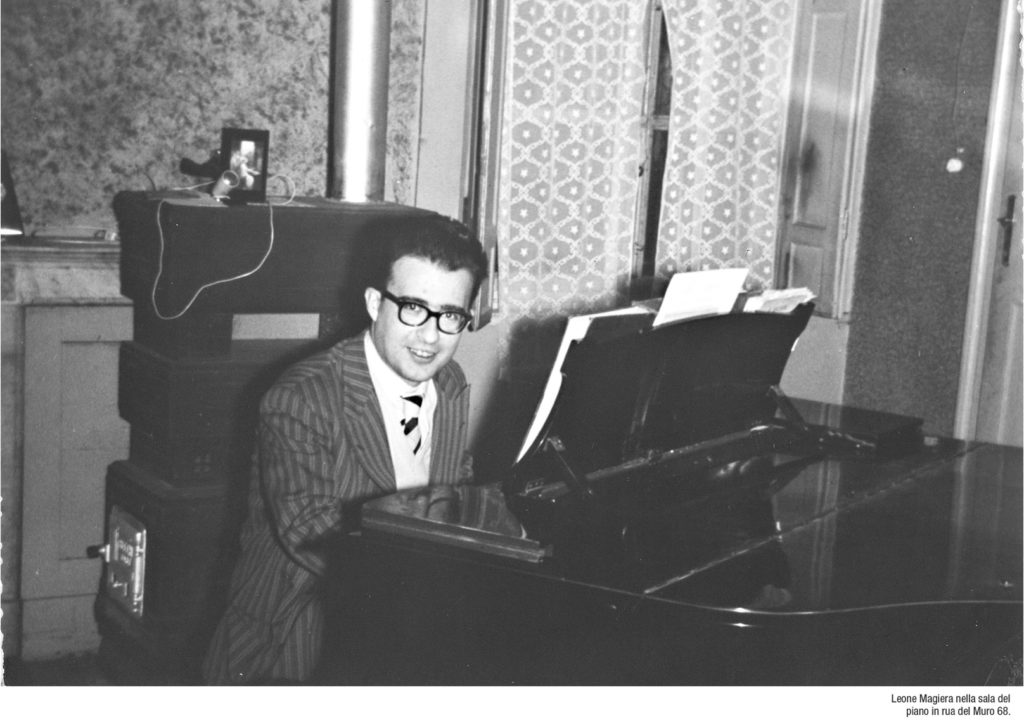
After you overcame this moment of insecurity and doubts, you made it to the end with the belief that you created a work of art of a high cultural and human level. Who did you want to dedicate it to?
To the future generations, to the young, because I hope that they could draw some examples from it; that they could understand that nothing can be obtained in life without engagement, even if it is always worth chasing your dreams with passion and determination. See, I chose to talk about the “unsuccessful” years, the hard years of falls and delusions, years that, regardless, will prepare you to face your future.
I wanted to put under the right light my father’s and Adua’s roles, characters who were left a bit more in the shadow, even if they were essential figures.
Then, I tried to explain that strange coincidence, for which in the same small town and even in the same study room (that piano room of Rua Muro 68) two of the greatest lyric singers were born: without that friendship bond, which tied them and allowed a continuous exchange of ideas and experiences, I don’t think their professional careers would have gone in the same way.
Besides the unquestioned professional worth of my characters, I hope I was able to share the inheritance of those core human values of which they are representatives.
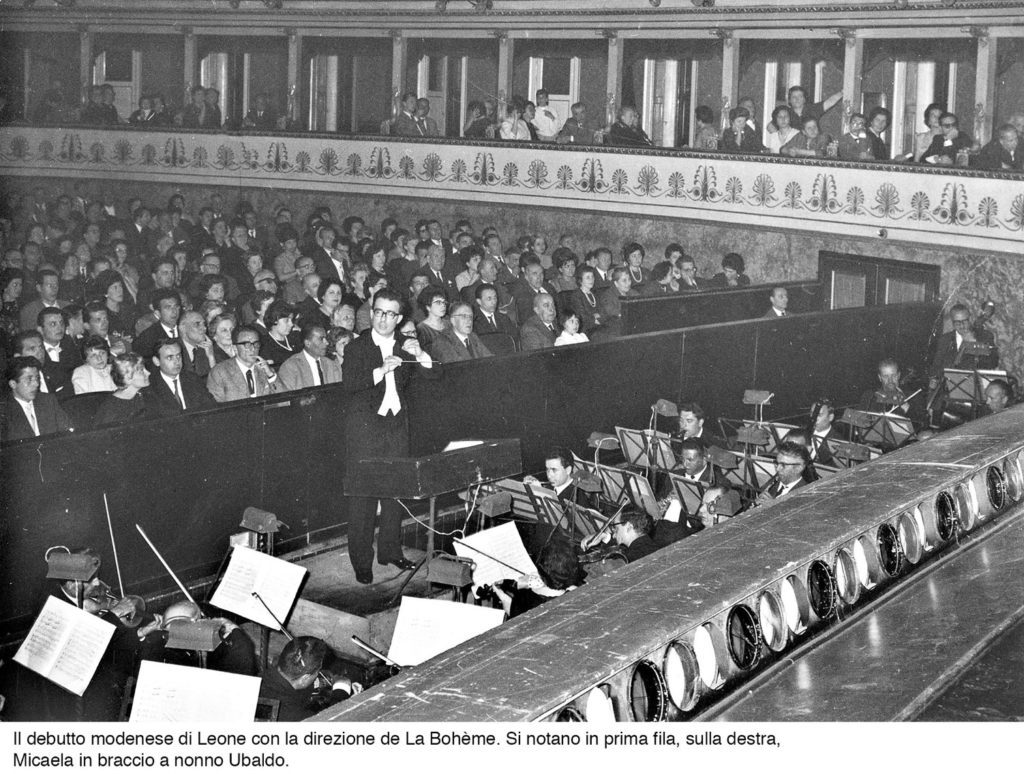
Is there going to be a following? Will you write more books, based on the success you are obtaining?
I love writing. Even when I used to work as a lawyer, I was always giving a special attention to the redaction of the acts. This might be a new beginning for me, I have many ideas in my mind, I love challenging myself and see the point I can reach.
The book is available for purchase on Amazon and Edizioni Artestampa.
The interview has been featured in the American newspaper Italian Tribune.
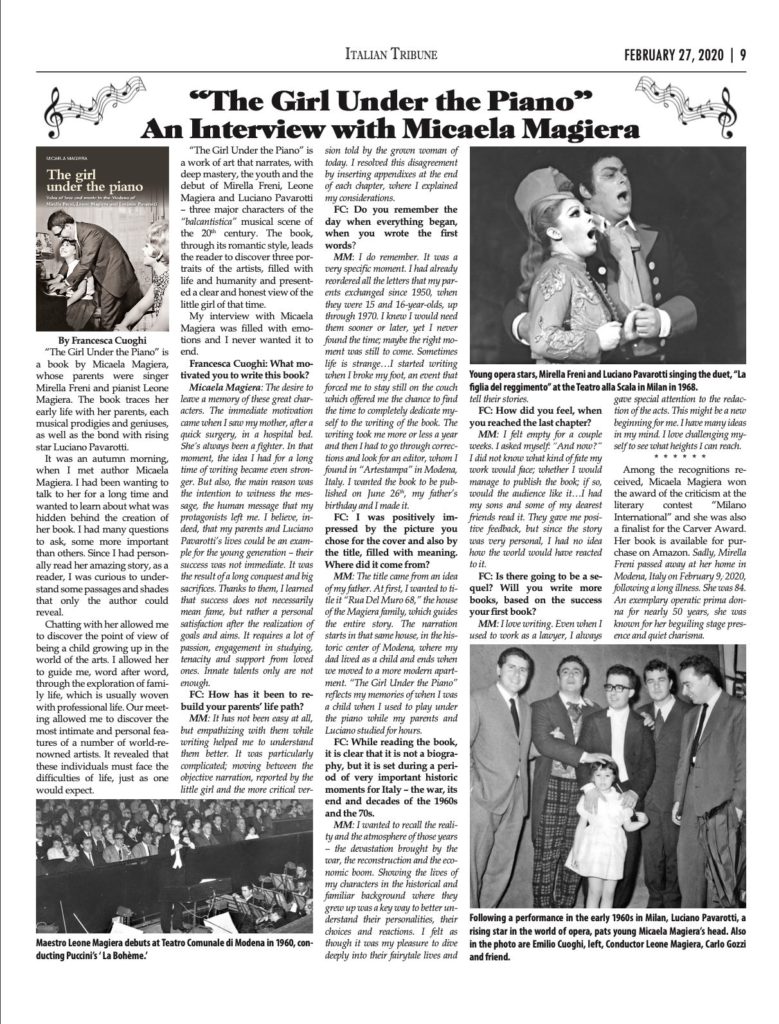


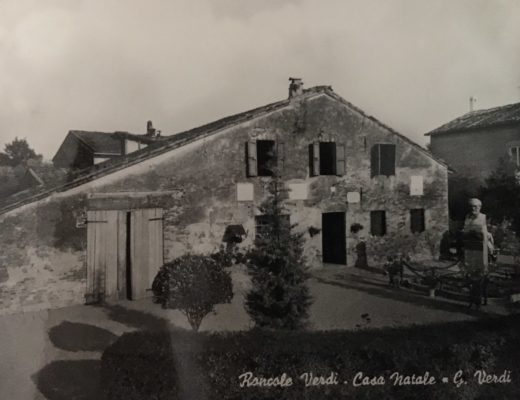
No Comments